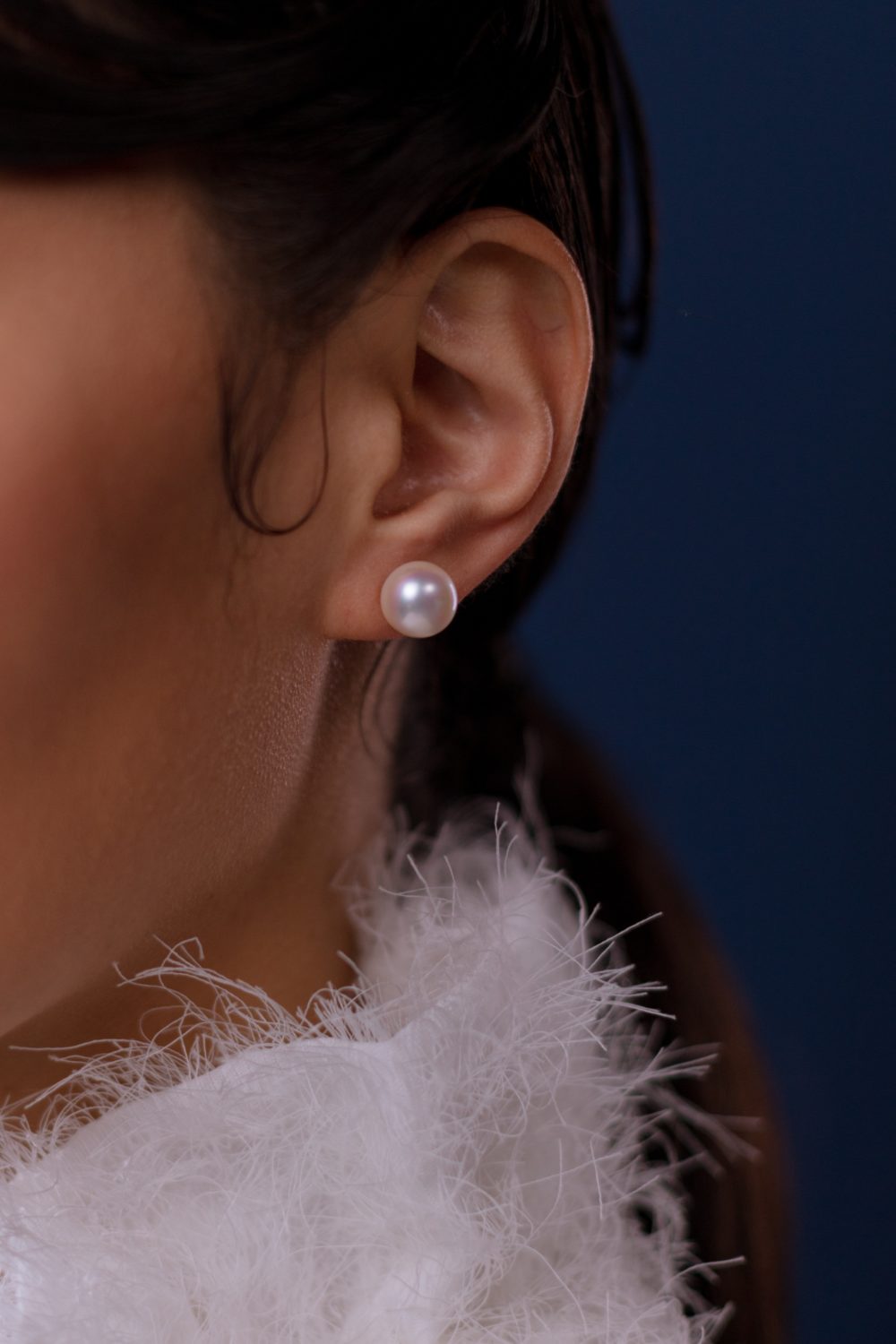
Your hearing is an important part of your life, and it’s important to take proper care of it. Hearing damage can be permanent, so it’s important to keep your ears healthy. There are a few steps you can take to make sure your hearing stays in tip-top shape. In this blog post, we’ll go over some of the ways you can take care of your hearing. We will also discuss some signs that you should look out for, as well as ways to prevent hearing loss. So, whether you’re an audiophile or just someone who wants to take care of their hearing, this post is for you.
1. Get Regular Hearing Tests
It is important to get your hearing checked regularly, as hearing loss can be gradual and without regular testing, you may not even realize that it is happening. Hearing tests are often done by audiologists during physicals or when you purchase new hearing aids. These tests help to identify any potential issues before they become worse. By visiting hear.com hearing aid professionals can help diagnose any potential problems and provide solutions to protect your hearing. Also, if you feel like your hearing has changed over time, you should still get it checked out. For example, if you notice that you can’t hear people talking in a noisy environment, it could be a sign of hearing damage. You should immediately reach out to a hearing specialist for assistance. So, get a hearing checkup regularly, especially if you’re noticing any changes in your hearing.
2. Protect Your Hearing From Loud Noises
Noise-induced hearing loss can be caused by prolonged exposure to loud noises. To prevent this, you should use protection whenever you are exposed to loud noises — such as concerts, festivals, or nightclubs. Make sure you wear earplugs or noise cancelling headphones to reduce the risk of damage. You should also avoid using headphones that are excessively loud. It is important to remember that even if the volume isn’t that loud, it can still be damaging to your hearing if you listen for a long period of time.
3. Keep Your Ears Clean and Dry
Your ears are made up of delicate parts, so it is important to keep them clean and dry. This means avoiding putting anything in your ears that could damage the delicate structures or cause infection, such as cotton swabs. Instead, you should use a damp cloth for cleaning your ears. It is also important to make sure that your ears stay dry when you are taking a shower or swimming. You can do this by wearing earplugs or using a special swimming cap that covers your ears.
4. Avoid Exposure to Toxins and Certain Medicines
Exposure to certain toxins and medications can have a negative effect on your hearing health. Make sure you understand the potential risks before using any new products or medicines, and always talk to your doctor if you’re taking prescription medications with potential side effects on your hearing. You should also avoid smoking, as it has been linked with increased risk of hearing loss.
5) Get Regular Exercise
Exercising helps to keep your body and hearing healthy. Lack of exercise can contribute to high blood pressure, diabetes, and other conditions that could impact your hearing health. So be sure to get regular exercise — even if it’s just taking a walk around the block — for overall better health.
6) Eat Healthy
Eating healthy is one of the best ways to take care of your hearing health. Eating a balanced diet with plenty of fruits, vegetables, and whole grains helps to keep your body healthy, which in turn will help protect your hearing health. Foods such as fatty fish like salmon and tuna are especially beneficial for keeping your ears healthy. Fatty fish are high in omega-3 fatty acids, which can help reduce inflammation and improve circulation. Eating these foods regularly can also help to protect your hearing from damage. Additionally, reducing your salt intake can also help to protect your hearing
7) Get Enough Sleep
Getting enough sleep is important for overall health and hearing health. Your body needs time to rest and repair itself, and this includes your ears as well. If you don’t get enough sleep, your body is more likely to suffer from fatigue and weakened immune system, which can lead to hearing issues. So make sure you get enough rest each night to help keep your ears healthy.
By following these tips, you can ensure that your hearing stays in top condition for years to come. Remember, hearing damage is permanent so it is important to take care of it now! If you would like to learn more about hearing health, be sure to contact a hearing specialist today.







